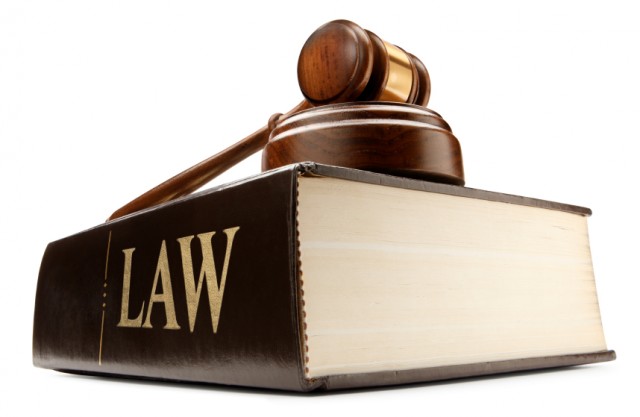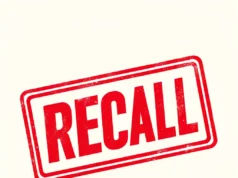
Deciphering Product Recalls: The Basics
When a product fails to meet safety standards or presents a risk of injury to consumers, a recall often ensues. Manufacturers may initiate this voluntarily or at the behest of regulatory bodies. In essence, a product recall aims to remove potentially harmful goods from the market, shielding consumers from harm while protecting companies from legal repercussions. This preventive action, though beneficial, can introduce a maze of legal considerations that require careful navigation.
The Law: An Overview of Product Recalls and Legal Liability
Legal liability concerning product recalls often falls on the shoulders of manufacturers. Their responsibilities extend beyond the creation of their goods; they must ensure the product’s safety and, if necessary, manage its recall efficiently. Laws like the Consumer Product Safety Act in the United States reinforce this obligation, entrusting consumer protection agencies with the power to enforce recalls if manufacturers do not take appropriate voluntary action.
Consumer Rights and Manufacturer Obligations
Consumers have legal rights when a product recall takes place. They’re entitled to safe, defect-free products, and when a recall happens, they’re usually eligible for a full refund, a replacement, or a repair. Manufacturers are legally obliged to notify consumers of the recall, often through media announcements or direct communication. The handling of a recall can greatly impact a company’s reputation, making it a crucial aspect of customer relations.
From Negligence to Strict Liability: Determining Fault in Product Recalls
In product liability law, a key question is who bears the responsibility for a faulty product. The doctrine of ‘strict liability’ often applies, meaning a manufacturer can be held liable irrespective of negligence or intent. Additionally, liability isn’t confined to the manufacturer alone; it can extend to any party within the product’s supply chain.
Understanding the Cost of Product Recalls
The cost of product recalls extends beyond the recall logistics itself, such as notifying customers and retrieving and replacing the product. There is the potential for litigation expenses, fines from regulatory bodies, and significant reputational damage. Furthermore, if mishandled, the trust breach can have long-lasting effects on consumer loyalty and future sales.
The Role of Product Liability Lawyers
Product liability lawyers play a critical role in navigating the intricate legal landscape of product recalls. They advise businesses on legal obligations, help develop robust recall strategies, and provide defense in the event of lawsuits. For consumers, these lawyers can offer guidance on rights and potential compensation routes.
Mitigating Risk: The Role of Insurance and Recall Plans
Businesses often mitigate recall risks through product liability insurance, providing a financial safety net for recall-related costs and potential lawsuits. Additionally, proactive companies will have a recall plan in place, detailing the procedures to follow, assigning responsibilities, and providing a communication strategy to ensure swift, effective action.
Navigating the Legal Labyrinth of Product Recalls
Product recalls involve a complex web of legal obligations and potential liabilities, making them a challenging issue for businesses. From understanding the nuances of ‘strict liability’ to the critical role of product liability lawyers, it is essential for manufacturers to grasp the legal implications of product recalls fully. By doing so, they can take the necessary steps to protect themselves legally, maintain their reputation, and most importantly, ensure consumer safety.







